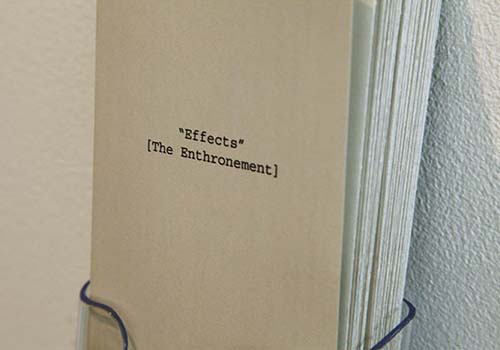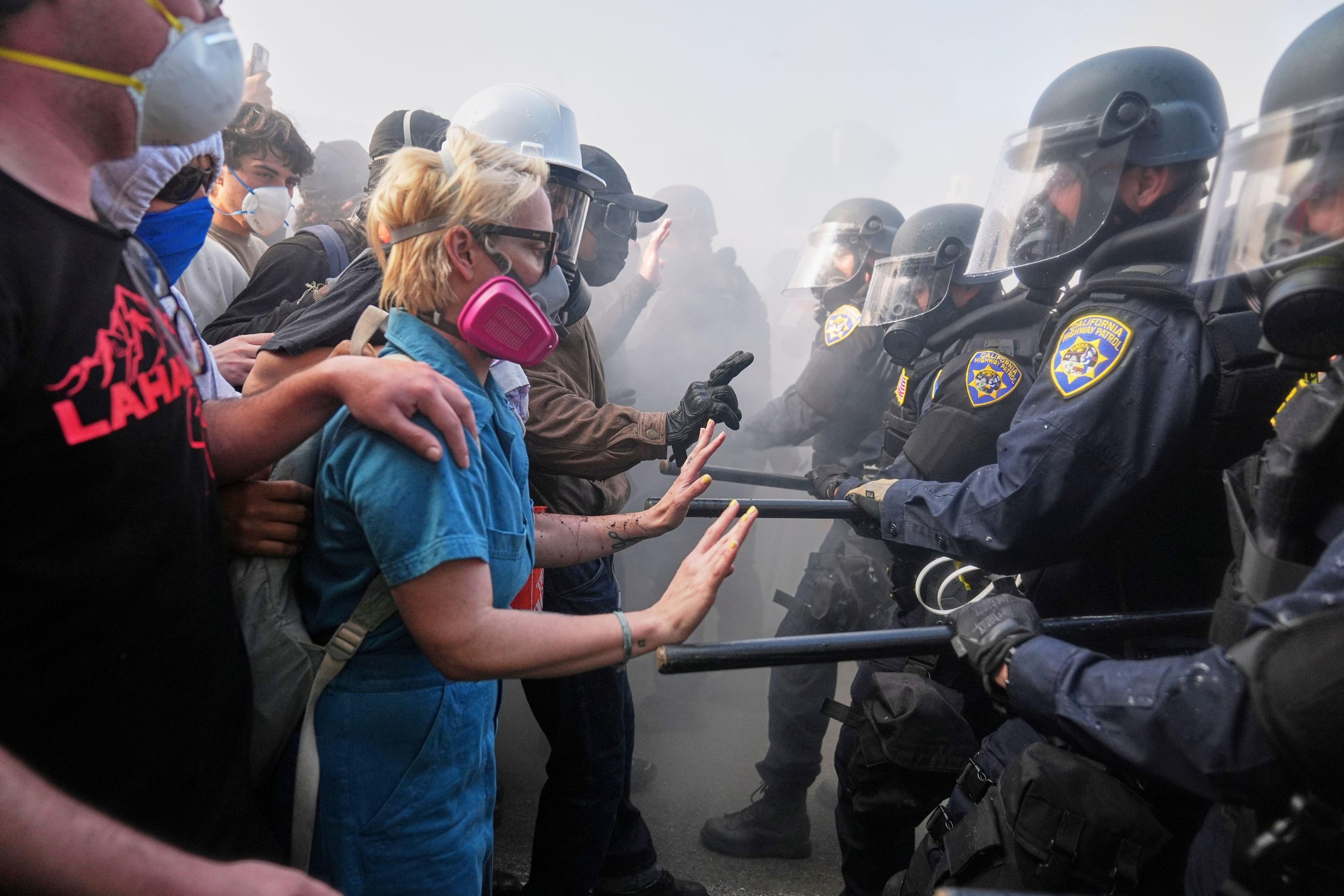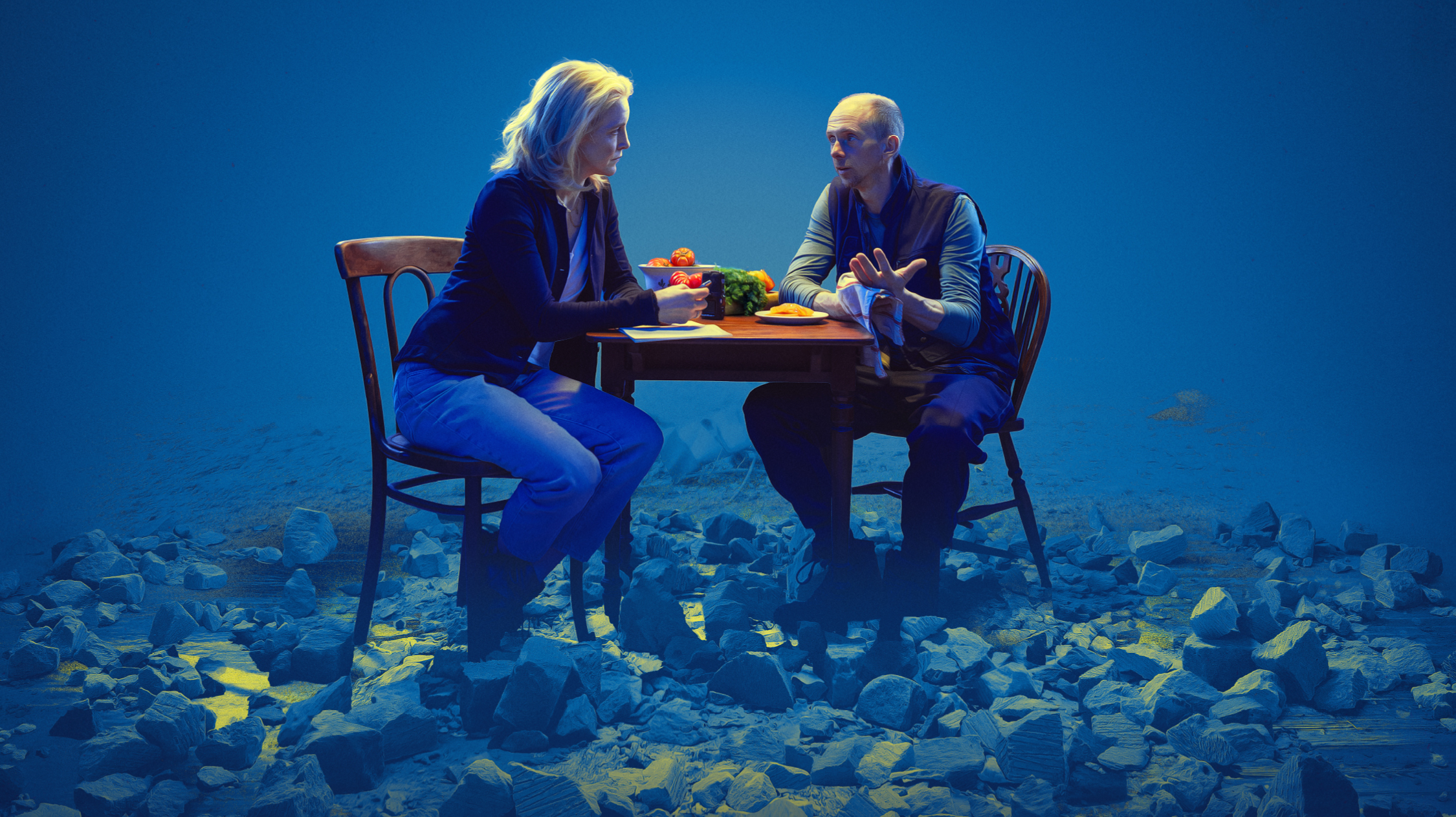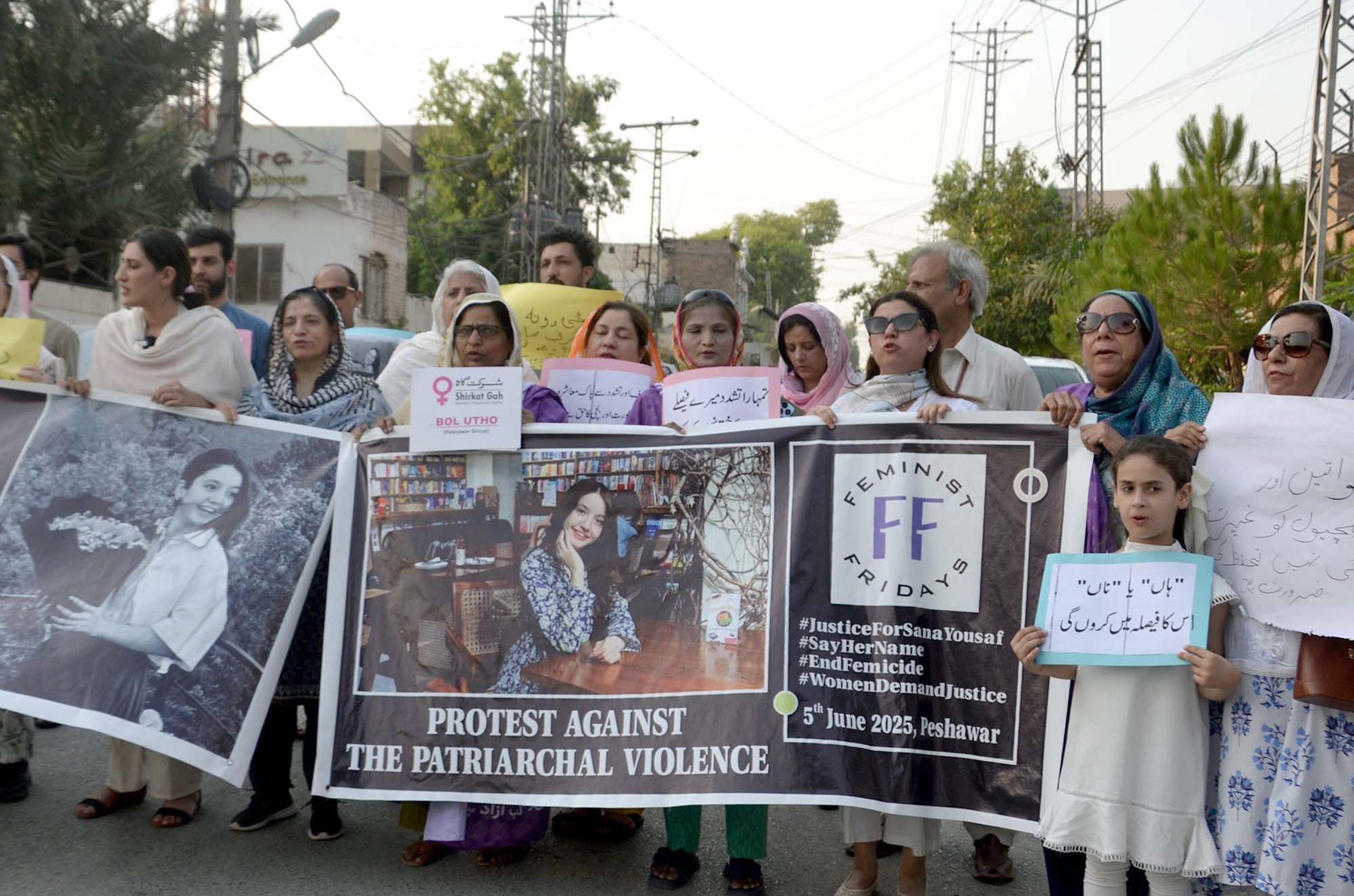[vc_row][vc_column][vc_column_text]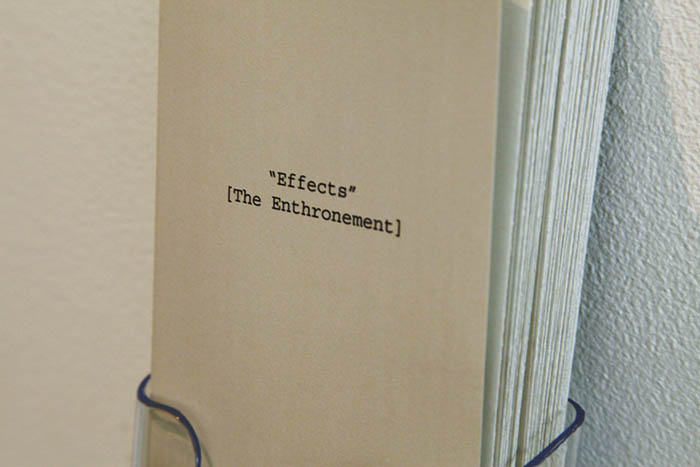
Earlier this month Index on Censorship reported on the Glasgow School of Art’s censoring of master of fine arts student James Oberhelm’s work, which the school deemed to contain “inappropriate content”. This was the first and only time a work of art has been censored in the history of the MFA course.
The work, “Effects” [The Enthronement], is an installation dealing with the geopolitics of the Middle East, specifically the centenary of the Sykes-Picot Agreement.
Duncan Campbell, the Irish Turner Prize winner and former student of the Glasgow School of Art, told Index: “In appropriating such demanding representations there is a difficult discussion about responsibility, accountability, and answerability to be had. If an MFA interim show isn’t the place for this, I don’t know where is.”
The school disagrees. In response to a Freedom of Information request by Scottish Pen for “all correspondence, information or documents held by the GSA regarding the decision to remove the piece… as well as the grounds for its removal”, the school said: “The [senior management team] decided that this particular film should not be shown and that the student be supported in moving forward in terms of professional practice and understanding the implications of their work including the presentation of online sources.”
The film in question was a showreel of two videos issued by Al Hayat, Isis’ media branch, in 2014, showing the dismantling of the border between Iraq and Syria as well as an execution sequence, which Oberhelm sourced from the public domain and included in the artwork.
Oberhelm maintains that the response to the FOI request represents a lack of transparency and told Index that his repeated requests to have the reasons for the decision to censor his work in writing, although promised, have been repeatedly denied.
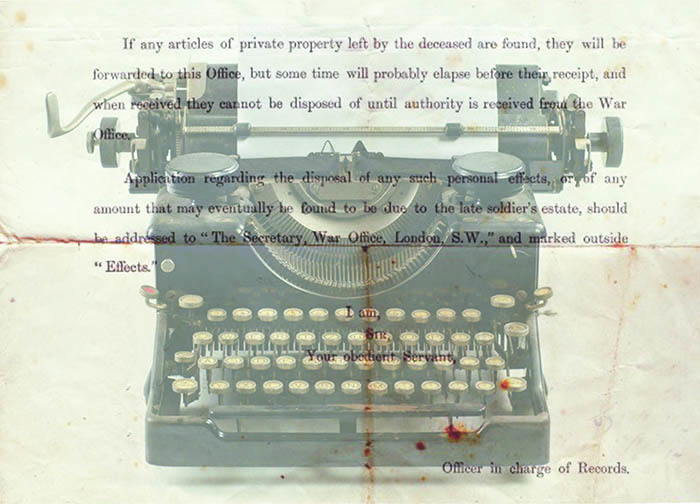
The flyer for masters student James Oberhelm’s banned artwork “Effects” [The Enthronement]
On 11 April Oberhelm was informed via email that his work “is now going to be reviewed by the ‘Prevent Concerns Group’”.
The school’s Prevent Concerns Group consists of 17 executive and non-executive members, made up of senior staff members including the director, the deputy director and the head of the school of fine art. It is “responsible for the strategic development and implementation of measures to meet the Prevent Duty”.
The UK government’s Prevent strategy for safeguarding communities against the threat of terrorism has been criticised by, among others, Index over concerns it undermines the value of freedom by feeding “the very commodity that the terrorists thrive on: fear.”
During a chance encounter on the street with MFA course director Henry Rogers on 26 April, Oberhelm was given insufficient information on the reasons for the artwork’s removal from the course’s interim show. The encounter followed immediately after Rogers’ meeting with Alistair Payne, the head of the school of fine art at the Glasgow School of Art, during which Rogers was informed of the decision about the installation’s viability for exhibition. Rogers then informing Oberhelm that “the decision is no”
In the moments it took for the pair to walk to the JD Kelly building, a number of points were raised, including Prevent. No great amount of detail was given, but it was hinted that Prevent could be, although wasn’t definitely, the basis for the decision.
Rogers also mentioned that an “ethics form” may have been necessary for the work to be shown, but he seemed unsure. “I informed him that I had not been told that an ethics form was required and that I had completed a risk assessment form,” Oberhelm told Index.
The conversation ended with Oberhelm’s request for a written statement explaining the terms under which the work had been censored, which Rogers said would have to be submitted in writing. Oberhelm’s written request was then forwarded to Alistair Payne the following day. During another meeting between the two on 27 April, Oberhelm was told he would receive the minutes of the meeting during which the decision was made. As of yet, the school has not obliged with either any written explanation or the minutes, negating a basic requirement for institutional transparency.
Since Index published the news of the censoring of Oberhelm’s work, the school hasn’t provided us with any further information, despite our requests, and has not granted us an interview.
“[T]he initial FOI has been answered as have follow up questions and that the GSA has nothing to add to this,” a spokesperson for the school told us.
Campbell told Index: “Given the highly consequential decision they have made, I find GSA’s explanation for the removal of James Oberhelm’s artwork inadequate. An honest statement of the committee’s opinions and objections would have at least given everyone affected something to respond to. By being so wilfully non-committal they might as well have offered no explanation at all.”
Campbell is one of many leading contemporary artists who has studied at the Glasgow School of Art and was the fifth artist who studied at the school, and the fourth artist to take part in the school’s MFA programme, to win the prestigious Turner Prize.
When Campbell won in 2014, the director of the school, Tom Inns, said: “This is a great accolade both for Duncan and for The Glasgow School of Art … Duncan and all the previous GSA winners and shortlisted artists are a great inspiration to the current generation of students and the wider visual art community here in Glasgow.”
But given that Campbell’s Turner Prize-winning work, It For Others, contains an image of IRA volunteer Joe McCann, one has to wonder whether the work Inns offered “warm congratulations” for in 2014 would be censored by the school under Prevent if the artist was an MFA student today. After all, Northern Irish dissident republicans do still pose a threat of terrorism, including in Glasgow.[/vc_column_text][/vc_column][/vc_row][vc_row][vc_column][vc_basic_grid post_type=”post” max_items=”4″ element_width=”6″ grid_id=”vc_gid:1495703925212-684dd380-cb38-4″ taxonomies=”8964, 7516″][/vc_column][/vc_row]

